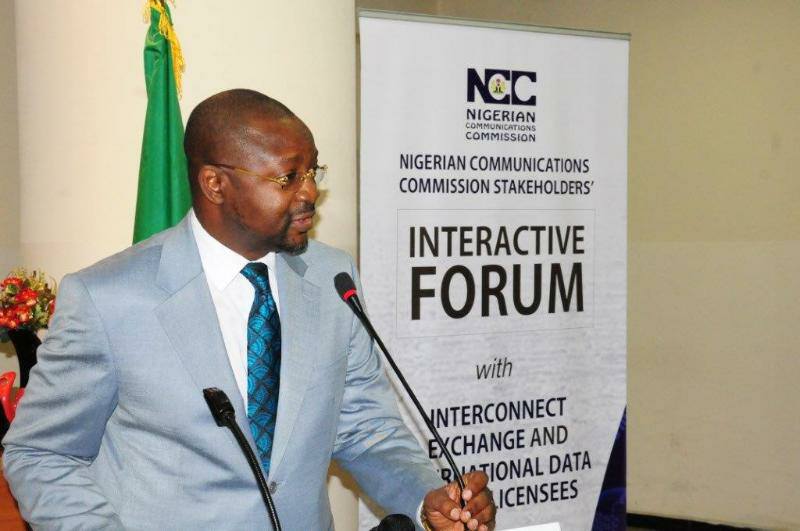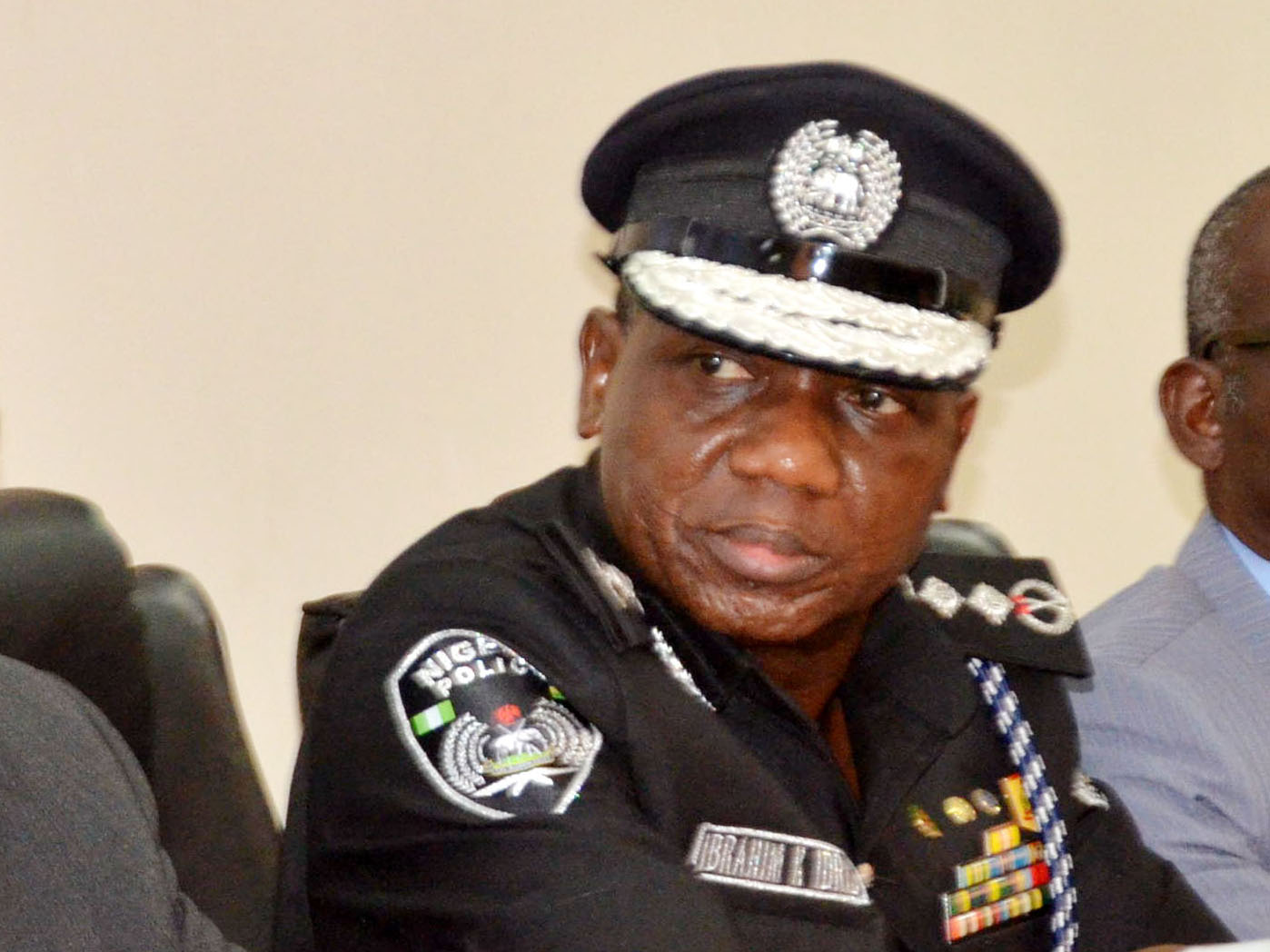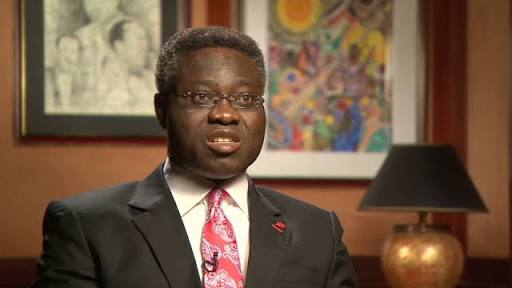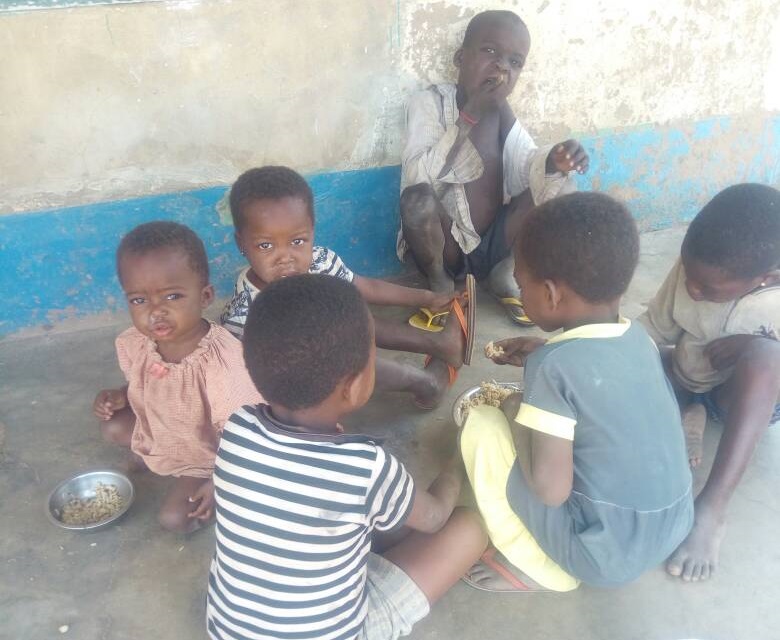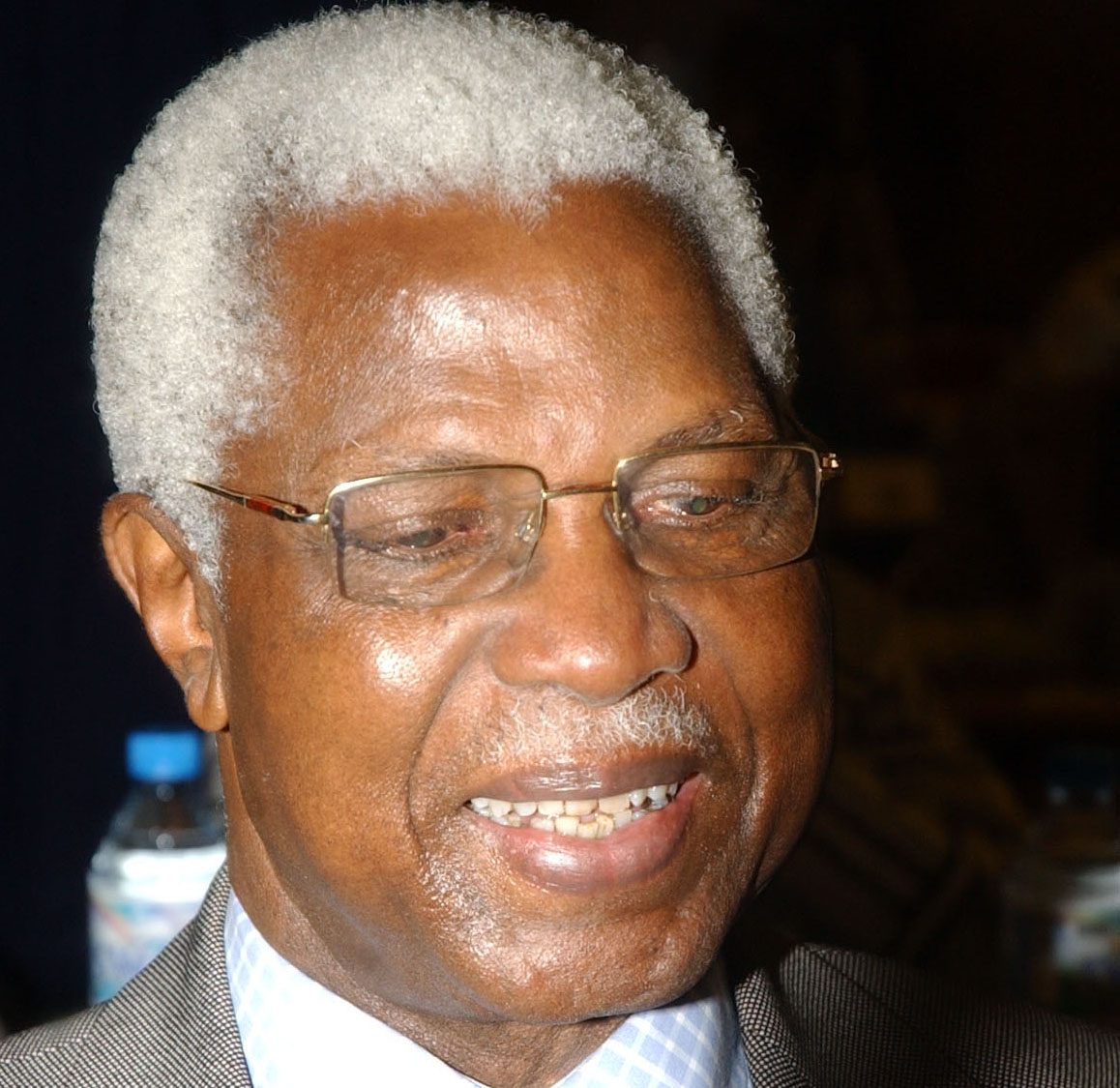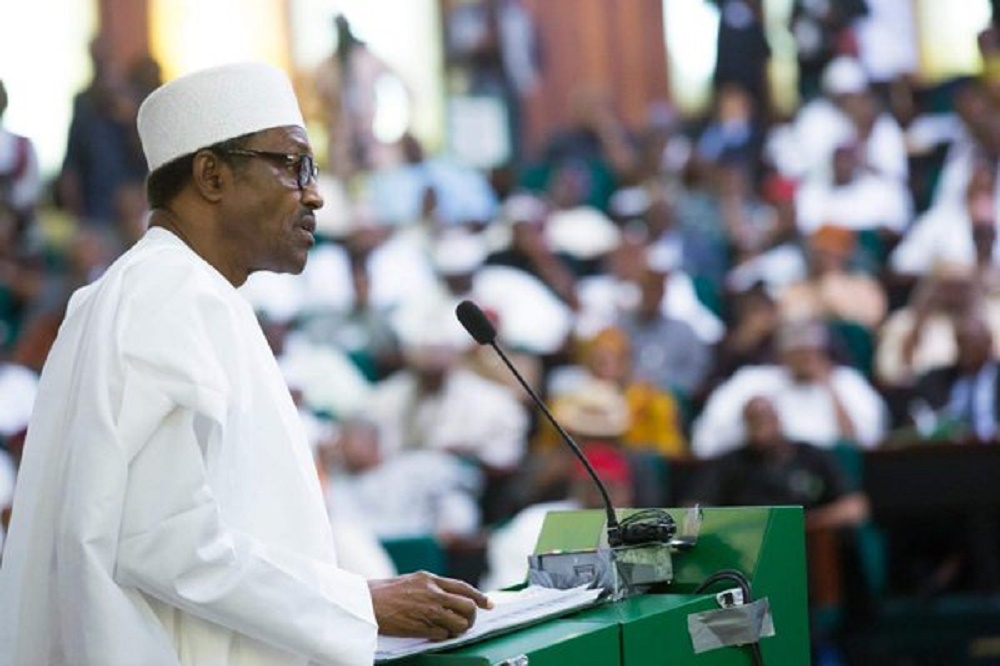The Nigerian Communications Commission (NCC) says it will announce and begin the implementation of a new interconnect rate for telecommunications companies on March 1.
The commission said this was necessary because the 2013 interconnect rate expired in 2016 and the industry had been using an interim interconnect rate of N24.40 kobo per minute for inbound international traffic.
Interconnect rate is the benchmark rate operator A pays operator B for calls made from network A to network B.
The rate is important because it determines how much an operator can charge subscribers for making calls to other networks although operators have different plans to attract customers.
Advertisement
Sunday Dare, executive commissioner of the NCC, said the new rate has been presented to telecoms operators and it was left to operators to accept the rate or make input.
Dare represented Umar Garba Danbatta, executive vice chairman of the commission, at a stakeholders forum which held in Lagos on Thursday.
He said: “Apart from the first interconnection rate, which was based on negotiation between the incumbent operator (NITEL) and other operators, all other determinations have been handled by the commission due largely to two reasons, firstly, the negotiated interconnection rate was fraught with many controversies, secondly, and more importantly, there was a need to ensure interconnection rates are cost-oriented in line with international best practice.
Advertisement
“However, economic factors such as the rapid devaluation of the Naira in 2016 and the fact that Nigerian network service providers became perpetual net payers to their overseas interconnecting partners, led to the commission setting an interim rate of N24.40 kobo per minute for inbound international traffic.
“Further to the above and the expiration of the 2013 interconnect region in 2016, the commission engage the services of the consultant PWC, UK to review and update the existing model taking into account the changes that have occurred over time and produce an interconnection cause model that is more in line with the current realities in Nigeria.”
There have been four interconnect rate determination regimes; 2003, 2006, 2009 and 2013.
Advertisement
Add a comment

